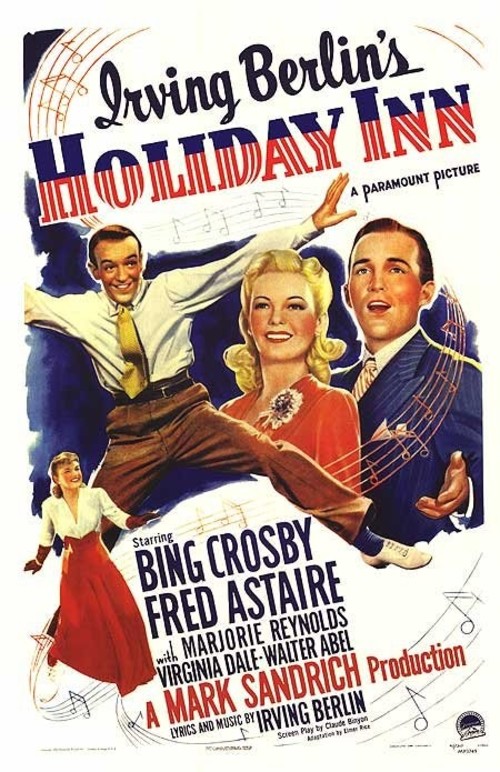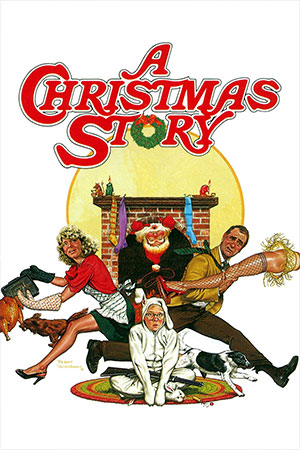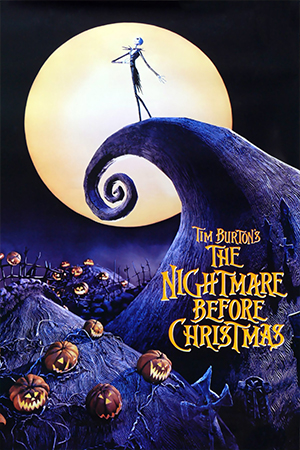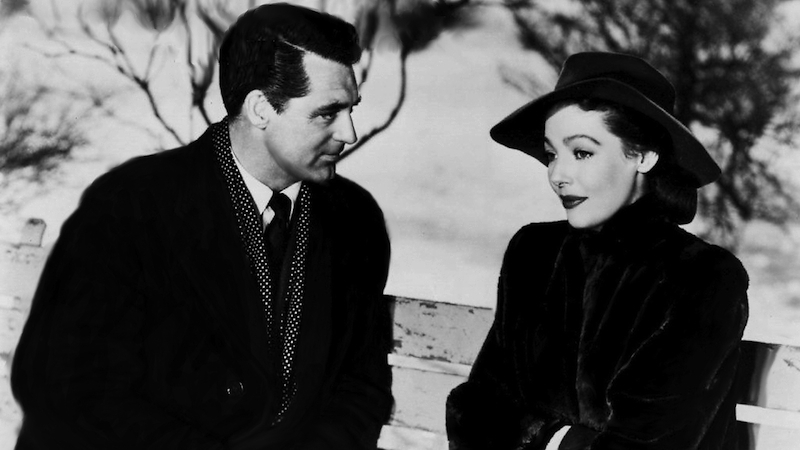
Top-ten lists of holiday films abound right about now, but what about picking the top three Christmas movies ever made?
Here are my picks:
1. It’s A Wonderful Life
2. The Bishop’s Wife
3. A Christmas Carol
Certainly, there’s plenty to choose from. Christmas movies are almost a genre unto themselves: between live-action and animated features, there are literally hundreds of titles out there. Inevitably, some are pretty bad, others amusingly cheesy.
Given all this choice and volume, it’s striking how my own picks for the top three Christmas movies were released over a single five-year period following the Second World War. The first came out just before Christmas in 1946, the second in 1947, and the last in 1951. The first two were U.S. productions, and the last was a U.K release.
With all it’s come to mean to multiple generations of viewers, it’s hard to believe that Frank Capra’s was a box-office disappointment on release. Was this because the release of the blockbuster war film “The Best Years Of Our Lives” several weeks before stole its thunder? Perhaps- but more likely, the dark undercurrents in Capra’s film simply turned off a war-weary audience.
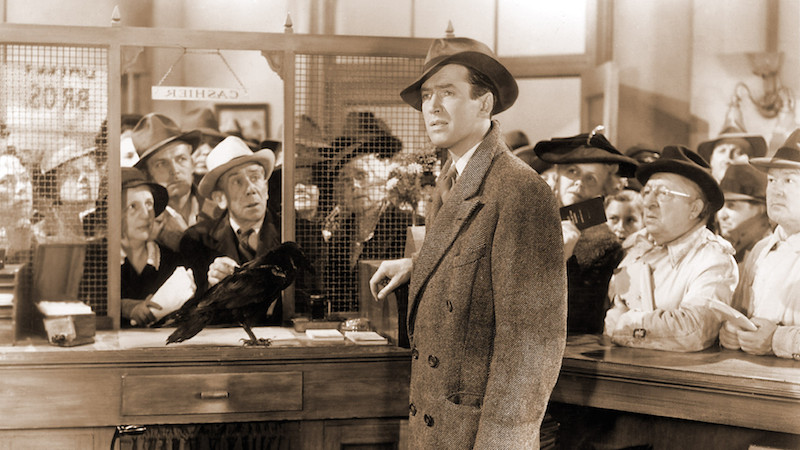
Fortunately, this magical, still powerful film got its rebirth on television, and Capra finally got to see his movie get the love it always deserved. With each successive viewing of this perennial classic, the familiar story lodges more deeply in our consciousness, along with the valuable life lessons it teaches.
On Christmas Eve, 1946, small-town banker George Bailey (James Stewart) becomes embroiled in scandal and overwhelmed by a sense of personal failure. Stopped from leaping to his death by awkward guardian angel Clarence (Henry Travers), Bailey revisits his eventful life on the road to ruin, from marriage to high-school sweetheart Mary (Donna Reed) to his final showdown with tyrannical town banker Mr. Potter (Lionel Barrymore).
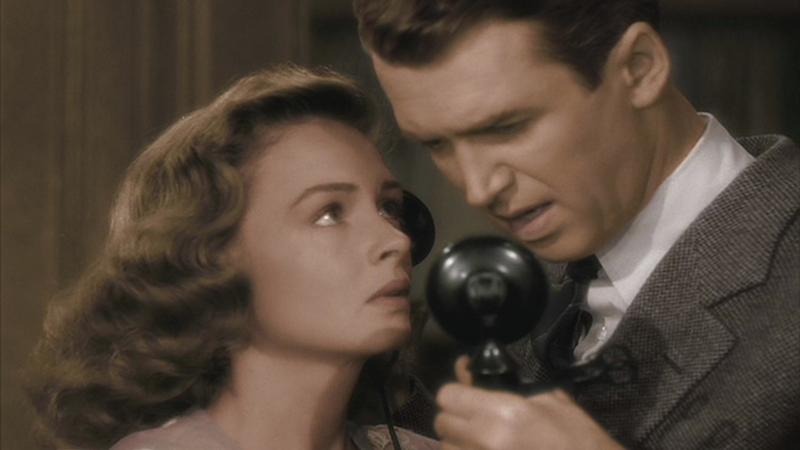
George also learns the value of a single life- his own- when Clarence makes his despairing wish never to have been born temporarily come true. By showing a desperate man brought back from the brink with the realization he already possesses all that’s truly important, the film makes an eloquent statement that pays off its title. It’s a message of affirmation that resonates anytime, but particularly over the holidays.
My second pick is “The Bishop’s Wife”, released the following year by legendary producer Samuel Goldwyn. It’s a much lighter, cheerier affair than “Life,” but it also touches on the importance of family, friendship, and goodwill over material concerns.
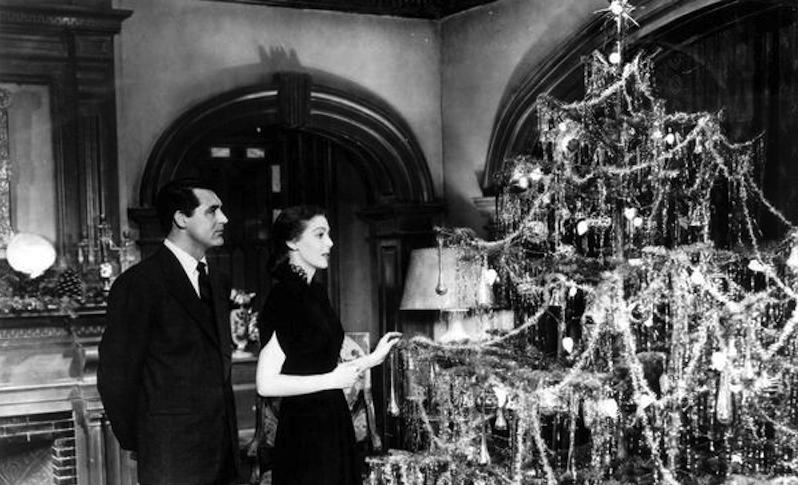
Cary Grant portrays Dudley, the most charming of angels who visits Earth at holiday time to set a certain cleric’s priorities straight. It seems Bishop Henry Braugham (David Niven) is obsessed with raising funds to build an immense cathedral, and in the process is neglecting his loving family, and the humble people he knew when he was a young minister. Co-starring a dazzling Loretta Young as the title character, this buoyant, joyful film gets better with every viewing.
Notably, the production got off to a bumpy start. Originally, Grant was playing the Bishop, Niven the angel, and Teresa Wright the wife. Goldwyn was not pleased with the dailies, and finally decided to fire director Willam A. Seiter. Henry Koster was brought on to helm the picture, and a now visibly pregnant Wright was replaced by Loretta Young.
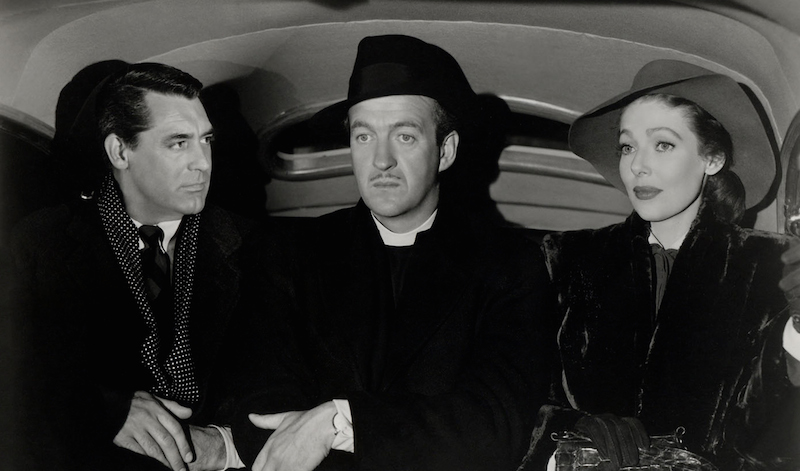
Koster immediately saw the problem: the two male stars were playing the wrong roles; they should switch. Once Goldwyn and Grant finally agreed to this, production started from scratch- with Goldwyn out close to a million dollars.
It was a bold move that paid off: the film was a hit. (Coincidentally, as with “Life” the year before, the film earned five Oscar nods, including Best Picture.)
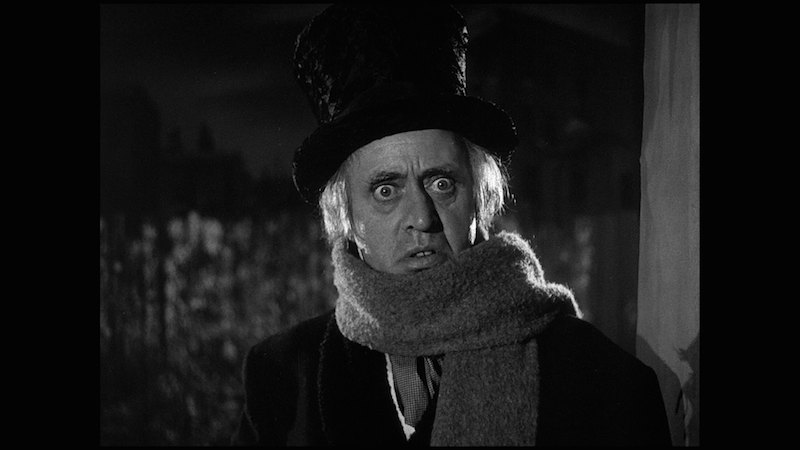
“A Christmas Carol“, Charles Dickens’s most widely read work, has experienced countless film iterations, including a high-gloss Hollywood entry from the thirties with Reginald Owen, a musical version with Albert Finney, an admirable TV special starring George C. Scott, and a modern day adaptation with Bill Murray.
Yet none of these tops the definitive 1951 British version, also known as “Scrooge“, starring the incomparable Alastair Sim in the role he was born to play.
This gifted actor seamlessly inhabits the character of the world’s most famous miser who, one Christmas Eve, gets a chance at redemption with some spectral visits, first from his deceased partner Jacob Marley (Michael Hordern), then by the Ghosts of Christmas Past, Present, and “Yet to Come”.
Ultimately, the sour skinflint is transformed into a jolly, almost child-like fellow who resolves to use his remaining time and fortune to help those in need. Heading the list is his own underpaid, browbeaten clerk, Bob Cratchit (Mervyn Johns), and his family.
With no-nonsense direction from Brian Desmond-Hurst, the film does a brisk but faithful rendering of Dickens’s tale in just eighty-five minutes. Yet “Scrooge” remains extremely moving, with Sim’s droopy eyes projecting all of his character’s terror, shame, and regret. By contrast, his outright giddiness at the film’s conclusion should leave you feeling very much in the holiday spirit. And really, that’s the whole point.
More: Cool Yule: 9 Non-Christmas Christmas Movies
Holiday Romance: 6 Christmas Movies that Will Fan the Flames of Love
